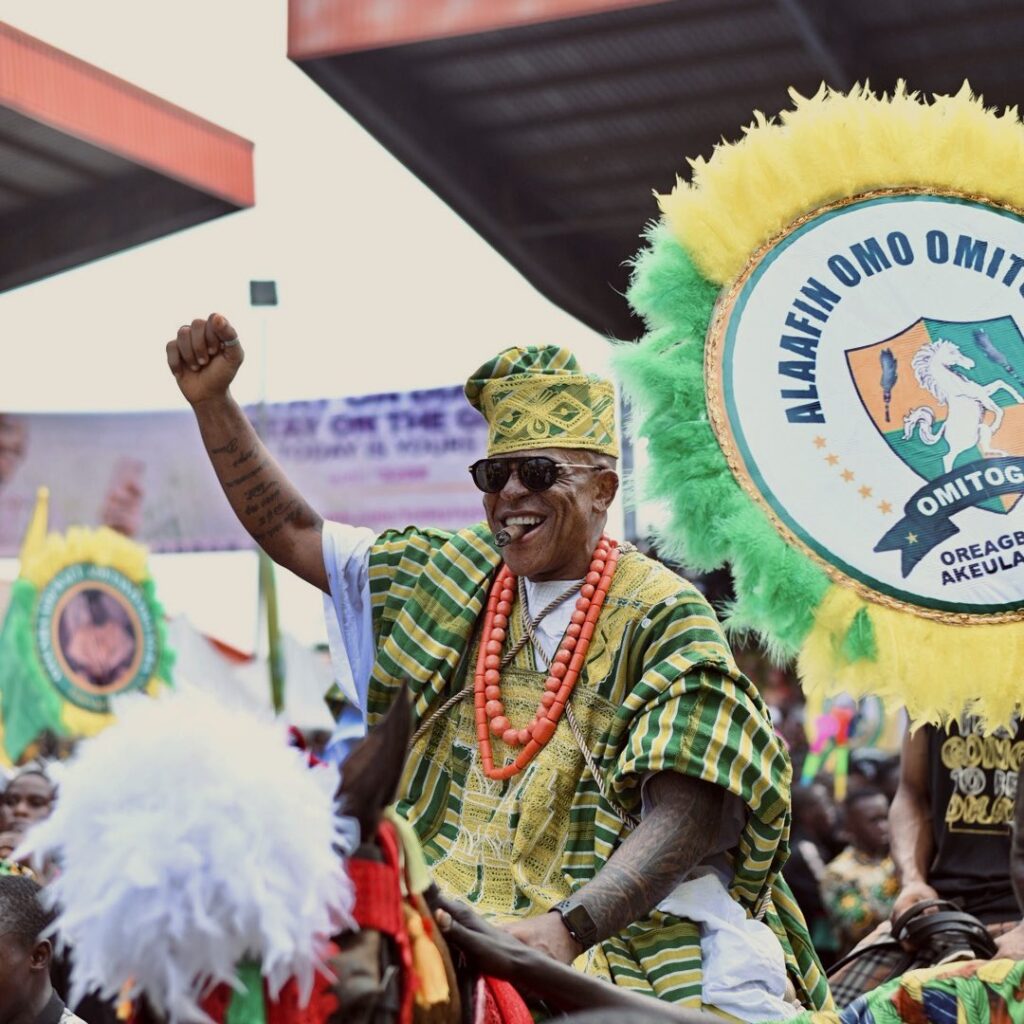
• FG says electricity subsidy now N1tr
• Lawmakers fume over absence of labour leaders
• Over 300,000 jobs lost to hike, MAN laments
Electricity Distribution Companies (DisCos), yesterday, said they are not charity organisations and cannot continue to provide electricity to consumers at a non-profitable rate.
This is as the Minister of Power, Adebayo Adelabu, revealed that the introduction of a new tariff for band A consumers reduced the electricity subsidy to N1 trillion from N2.9 trillion.
This revelation came at a special public hearing on the increase in electricity tariff organised by the House of Representatives Joint Committee on Power, Commerce, National Planning and Economic Development, and Delegated Legislation.
At the meeting, lawmakers bemoaned the absence of the leadership of the Nigeria Labour Congress (NLC) and Trade Union Congress (TUC).
The Nigerian Electricity Regulatory Commission (NERC) had on April 3, 2024 raised the electricity tariff for customers enjoying 20 hours of power supply daily, prompting organised labour to stage a protest to reject the increase.
Following the outcry, the House of Representatives, during, a plenary on April 30 resolved to set up a special committee to probe the increase. This followed a motion of urgent public importance by Kama Nkem-Kanma (LP, Ebonyi State).
During yesterday’s hearing, a member of the National Executive Committee (NEC) of the Manufacturers Association of Nigeria (MAN), Ahmed Abdulkadir, lamented the huge loss suffered by manufacturers occasioned by the tariff increase.
Abdulkadir, who disclosed that over 300 firms have shut down and over 300,000 jobs were lost due to the over 200 per cent hike in electricity tariff, urged the lawmakers to save the nation’s manufacturing sector.
He also cautioned the Minister of Power for comparing Nigeria’s electricity tariff to neighbouring countries, saying, “Our purchasing power, exchange rate and environment are not the same.”
Responding, the Managing Director of Jos DisCo, Abdu Mohammed, said the country’s power sector had been privatised with the private sector acquiring about 60 per cent.
He stated, “We don’t operate as a charity, just as MAN members do not engage as charity. We buy power from generators and distribute them to our customers at a cost. We have generation, transmission and distribution costs. We cannot buy electricity and sell to customers below the cost price. So much has been talked about subsidy, but the power sector needs to move forward and I believe we are setting a solid foundation.”
Adelabu, while insisting that the government cannot keep subsidising electricity, said the amount consumers spend on electricity is now cheaper compared to buying fuel, even with the increase in tariff.
“We are still about the cheapest, even in Sub-Saharan Africa, despite the tariff. Our neighbouring countries pay higher,” he added.
Chairman of NERC, Sanusi Garba, said the tariff was introduced after the commission undertook a detailed assessment of the tariff proposals submitted by the 11 DisCos. He added that a public hearing was organised on the submissions by DisCos in the six geo-political zones.
He, however, blamed the increase in tariff on the volatile exchange rate and the removal of fuel subsidy by President Bola Tinubu.
Before the commencement of the hearing, lawmakers took turns to berate labour for their absence.
Labour leaders travelled to Geneva, Switzerland for the International Labour Organisation (ILO) conference.













